
How tech writers can benefit the enterprise
The need for clear, concise documentation within a company is more paramount than ever. Customers don’t read any more, they use documentation. How should customers learn about how to use a product? Where can they find more information? Who should handle an escalated issue? Why are users ultimately doing what they do? All of this may sound like a no-brainer, but it’s a stumbling block for many, many companies.
Let me give a quick example of what I mean. I’ve been fortunate to work for a variety of tech companies over the last decade as a technical writer and documentation specialist -- places ranging from Google to Facebook to gaming companies and financial institutions. But what I’ve noticed time and again is a lack of documentation, particularly internal-facing documentation used within a corporation.
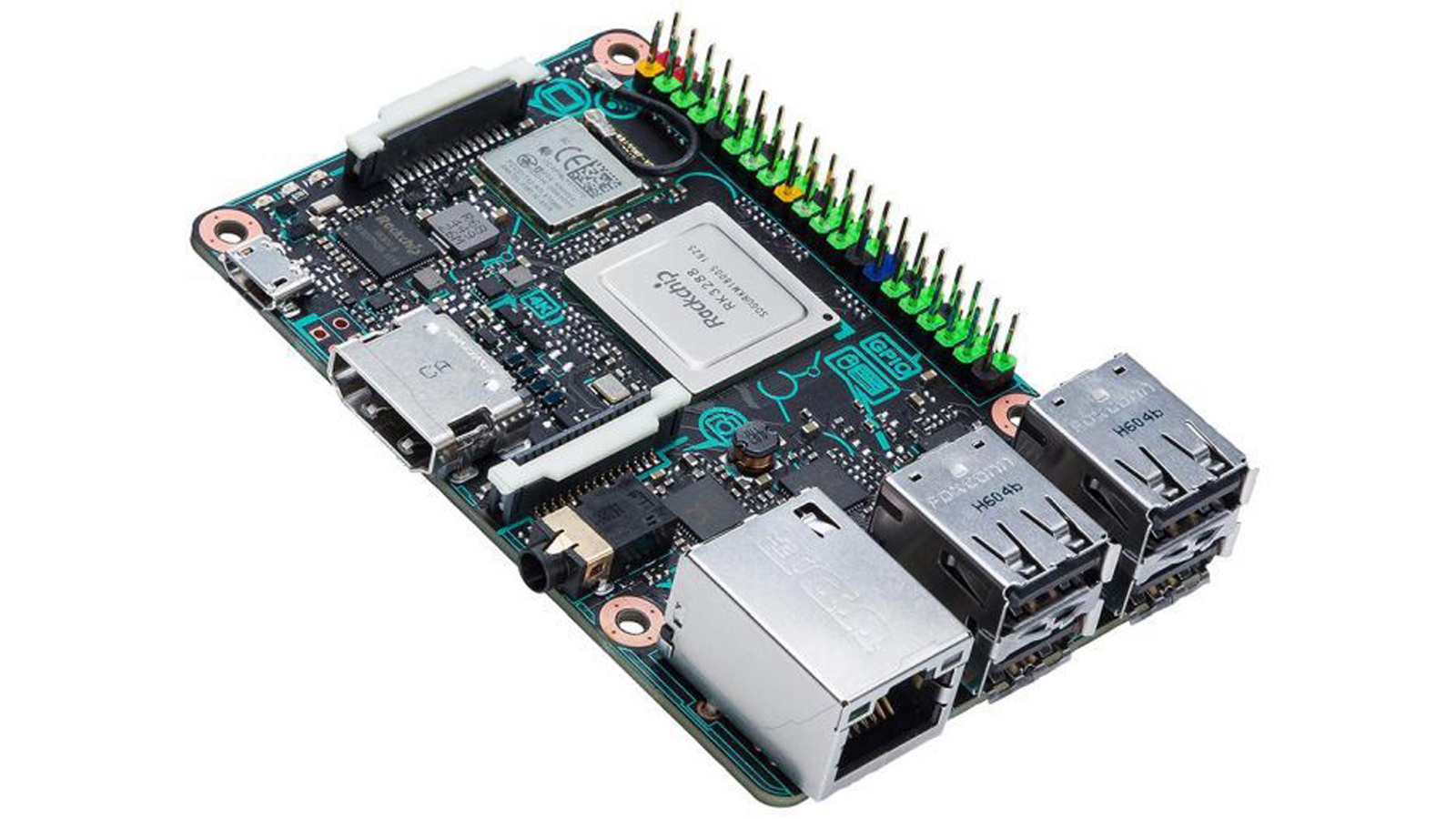
ASUS takes on Raspberry Pi with its 4K-capable, Kodi-ready Tinker Board
If you love Raspberry Pi, but require a little more power for your projects, then ASUS’s Tinker Board could be just what you’re looking for.
Although there’s no shortage of Raspberry Pi alternatives, the low-cost Tinker Board is better than most because its quad-core 1.8GHz ARM Cortex-A17 processor has the oomph to handle 4K video and 24-bit audio, and it comes with twice as much RAM as the latest Pi.
Firefox 51 delivers a mix of security, performance and reliability tweaks, implements FLAC audio support
Mozilla has released Firefox 51.0 for Windows, Mac and Linux, with Firefox for Android 51.0 due imminently. There are no standout features in this release -- the closest thing to a headline addition is the inclusion of FLAC support.
Elsewhere, Firefox 41 focuses on tweaks and enhancements that add up to a reasonable update. These include improved performance via the new e10s multi-process system, security warnings when logging into insecure sites, and more reliable syncing of bookmarks.

Anonymous search engine DuckDuckGo celebrates over 10 billion searches
A lot of people are more privacy aware than they have been in the past, and are wary of entrusting everything they search for to Google.
That’s where privacy-focused sites like DuckDuckGo come in. Its growth since it launched 8 years ago has been nothing short of staggering, with the number of searches skyrocketing since 2013, when Edward Snowden first revealed how the US government was spying on its people.
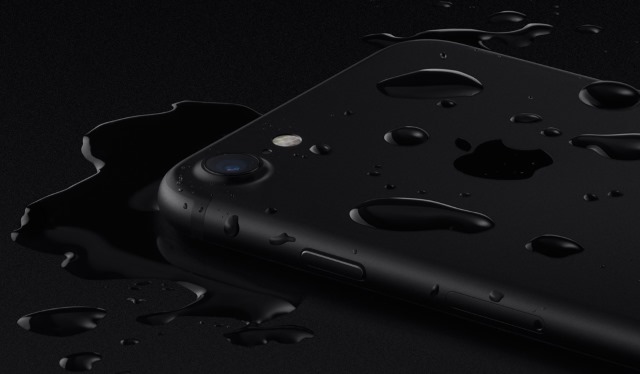
Waterproofing options for smartphones in 2017
Following the release of flagship devices such as the iPhone 7 and Samsung Galaxy S7 in 2016, water resistant handsets are now the fastest growing segment in the smartphone industry. But, what does this mean for handset design in 2017?
Let's take a look at recent research from IDC and explain how hydrophobic nano-coating technology can support OEMs when looking to incorporate this increasingly sought after feature.
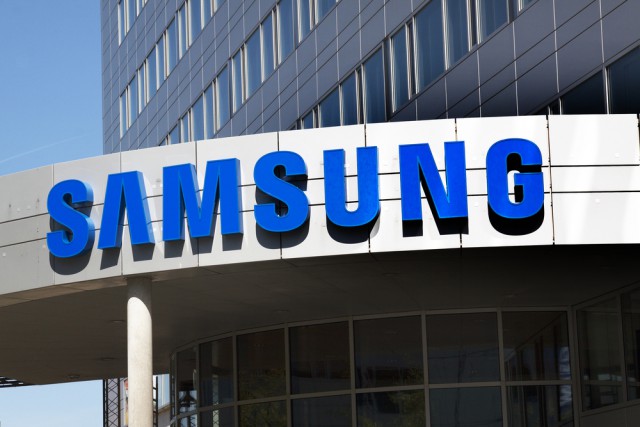
Samsung: two battery defects caused Galaxy Note7 problems and could delay Galaxy S8
Samsung has finally revealed the long-awaited results of its investigation into the problematic Galaxy Note7. Having issued an apology and pushed out OTA updates to disable phones which had been banned from flights because of the risk of them catching fire, the South Korean company says that two separate battery problems were to blame.
The first problem stemmed from the fact that the battery was physically too small for the Galaxy Note7 leading to a short-circuit. Replacement batteries suffered from a combination of insulation problems and an issue that caused positive and negative electrodes to touch. Samsung also indicated that the Galaxy S8 would not be unveiled at Mobile World Congress (MWC) next month.

How to set the Windows 10 lock screen photo as your wallpaper
The Windows 10 Lock Screen offers an ever-changing display of top quality photos, but if you decide you like one in particular, there’s no easy way to keep it around.
Lock Screen Reflection is a tiny Windows 10 tool which can help fix this by automatically setting the current lock screen image as your desktop wallpaper.
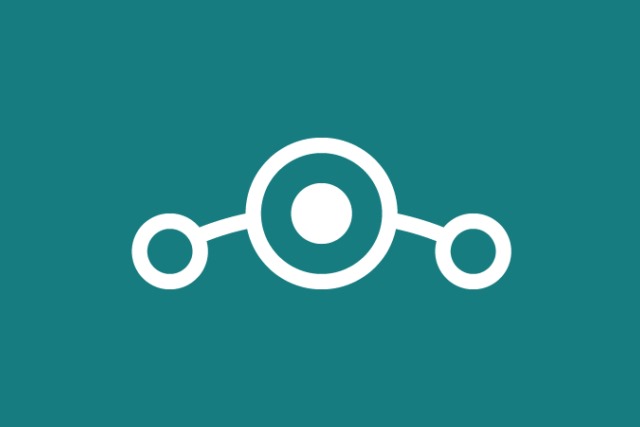
Where can you download LineageOS, CyanogenMod's replacement?
It's only a matter of weeks since we learned that CyanogenMod was closing down and LineageOS would replace it. At the time, little was known about the launch schedule for the open source, Android-based operating system, but that has all changed.
On Friday, the LineageOS team announced that builds will "start rolling out this weekend". At time of writing the downloads have yet to make an appearance, but there is a download portal ready for you to keep an eye on.

Canonical launches Ubuntu Tutorials
Linux is arguably the most successful open source project in all of history. The success of the kernel -- and operating systems that use it -- are not due to any one man or woman. Actually, the achievements are thanks to the Linux community. In other words, it is a team effort -- developers, users, and more.
For a Linux distribution, such as Ubuntu, to continue its progress, Canonical needs developers to remain interested -- this includes getting new people involved and educated. This week, the company launched Ubuntu Tutorials -- based on Google's open source Codelab. No, it is not self-learning for new workstation users, but for programmers and developers.
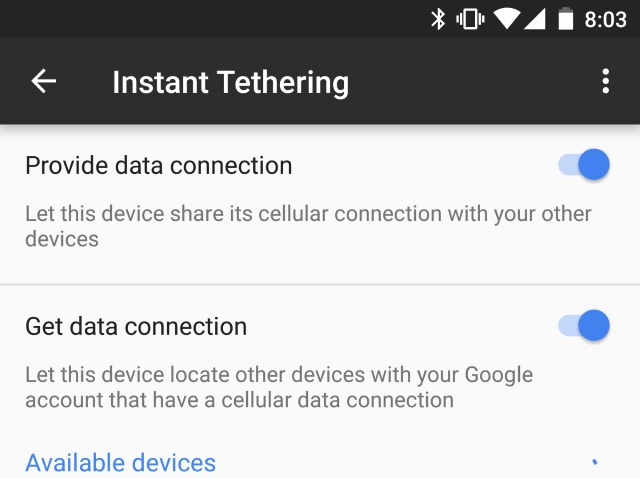
Simplified connection sharing comes to Android with Instant Tethering
Take your phone with you wherever you go, and you can use it to get your laptop online thanks to the wonder of tethering. This seemingly simple technological marvel is a delight for people working away from the home or office, and Google is now making things easier than ever with Instant Tethering.
The new feature is rolling out to some Android devices now, and it takes the 'hard work' out of creating a hotspot with your phone to which your other devices can connect. As the name suggests, the aim is to make the connection instantly.
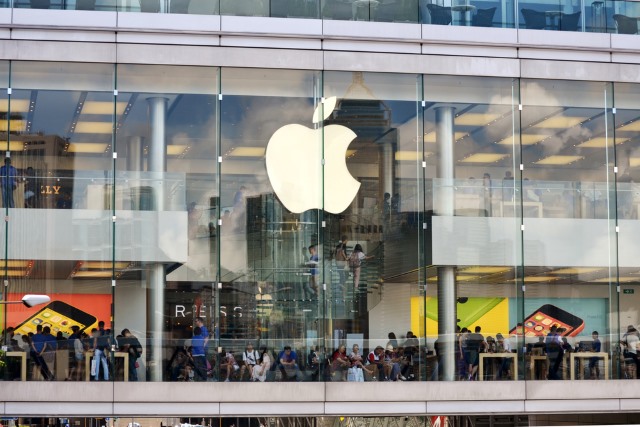
Apple sues Qualcomm for $1 billion over excessive royalties
Apple is not happy with its longtime partner Qualcomm, as it has filed a $1 billion lawsuit against the chip maker for allegedly being charged "royalties for technologies [that Qualcomm has] nothing to do with."
This is the second major lawsuit filed against Qualcomm this week, with the US Federal Trading Commission announcing on Tuesday that it is taking the chip maker to court for "monopolizing key semiconductor device used in cell phones." The two lawsuits are related.

Bypass annoying 'Error 404' web pages with WayBack Machine for Chrome
You’re busy online, browsing your way through some old web site, when you find a critical link, click it, and: Error 404 -- Not Found. Annoying, isn’t it?
WayBack Machine is a free Chrome extension which detects HTTP 404 and other "missing page" error codes, checks to see if an archived copy is available at the WayBack machine and offers you a "click here to see the archived version" link.

Meitu pleads complete innocence against spyware claims
You may have seen our story earlier today about the worrying permissions used by photo app Meitu -- and you have almost certainly seen the disturbing images created in the app and shared on Facebook. The company behind the app -- also called Meitu -- has jumped to defend itself, insisting there is nothing sinister going on.
The company insists that there is a very good reason for asking for so many permissions on iOS and Android. It insists there is a very good reason for gathering so much information about users. It insists this data is stored securely and is not shared with or sold to third parties. The defense is worth reading, but whether users are happy to accept what the company says about transmitting collected data back to a Chinese server remains to be seen.
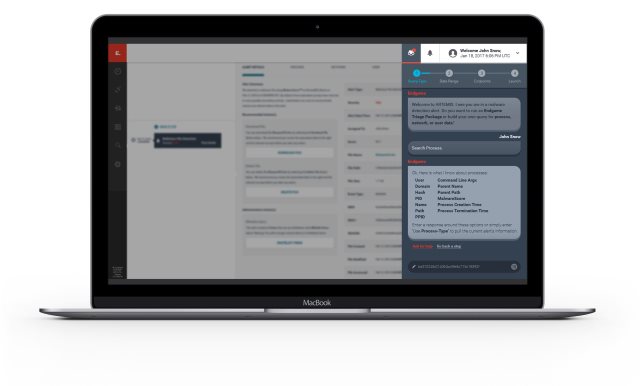
AI-powered chatbot helps combat cyber attacks
The key to defeating cyber attacks lies in being able to make the correct response in a timely manner, but frontline security staff may lack the skills or resources to spot problems early.
Endpoint security company Endgame is launching an intelligent assistant built to automate security operations analyst actions and guide users of any skill level to detect and respond to advanced attacks.

From spoofing to iris scanning -- the future of biometrics
As we enter the first part of the new year, we’re setting our resolutions (or perhaps already breaking them), and reflecting on 2016. We witnessed many highs and lows last year, and it seems it’s trendy right now to bemoan everything that happened. This is no different in the security world. We saw some of the biggest -- and highest profile -- breaches of all time (DMC and Yahoo, just to name a few) and nearly all of them involved compromised, weak or reused passwords.
Everyone can agree that passwords are no longer adequate for protecting information online: even the most complicated passcodes can be broken relatively swiftly with a sophisticated algorithm -- or a specially targeted spoofing email. In an attempt to combat this, companies have been adopting new approaches, like tokens, OTPs and multi-factor authentication -- but many experts are pointing to biometrics as the next big thing -- especially for industries rife with risk, like finance, healthcare and government.


